Mary’s Song
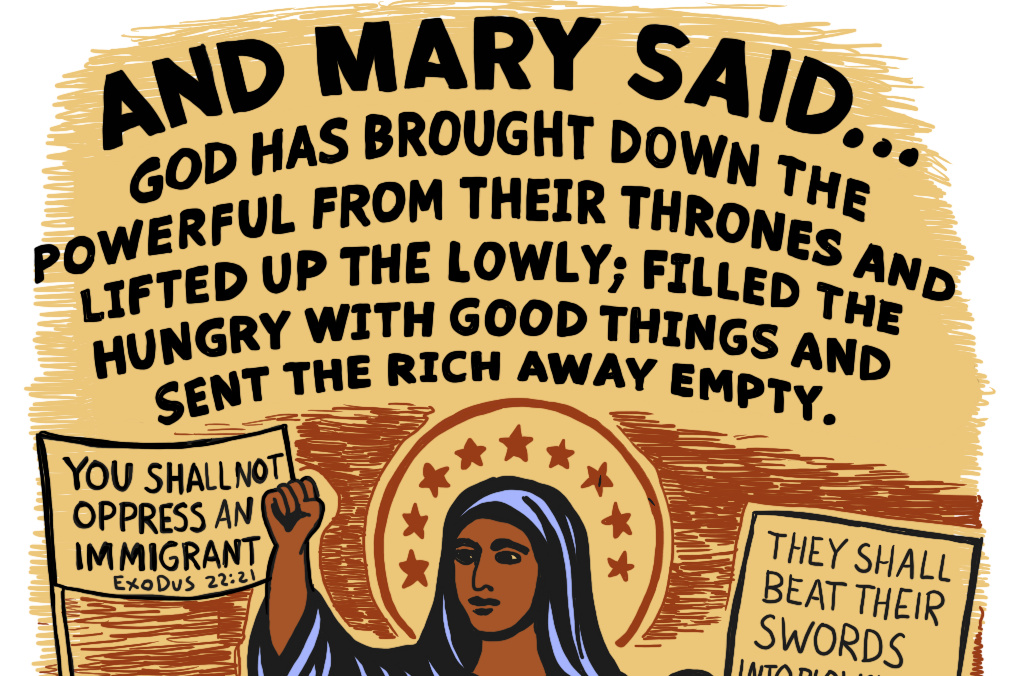
The words on the front of our Christmas card this year are taken from a song, traditionally referred to as the Magnificat, sung by a pregnant Mary of Nazareth, mother of Jesus (Luke 1:46-55). Her stirring words echo other women in Jewish tradition—especially Miriam, Moses’ sister—who sang of the compassionate, liberating action of God on behalf of the poor and oppressed.
Remembering Our Ancestors

This past July my grandmother herself died at the full age of 100. That house in Busshozan has long ago been sold, and the altar is gone. Her only child (my mother) and three grandchildren are scattered across the globe, and I wonder how we will keep alive our connection to her, and all of our ancestors who came before her.
The Fierce Nonviolence Pilgrimage
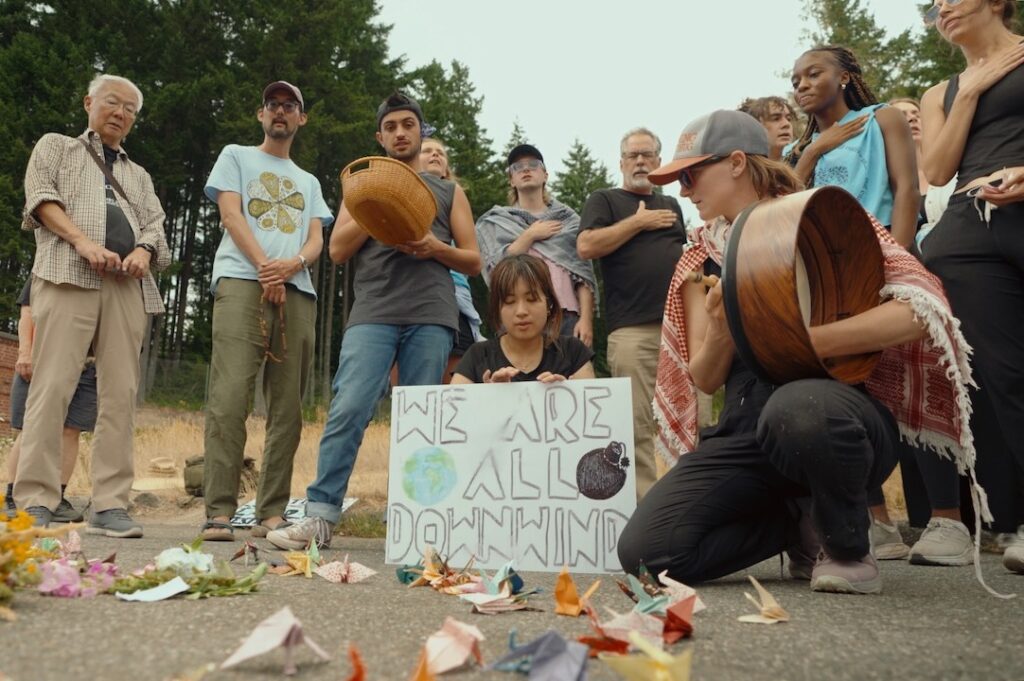
We did our best to support one another in the difficult task of facing all that is real of death and destruction without giving into despair. We rooted our days in song, silence, storytelling, and ritual, experimenting with how to cultivate depth in our souls, individually and collectively, in the face of the seemingly insurmountable forces besieging us.
Filled Up With Love
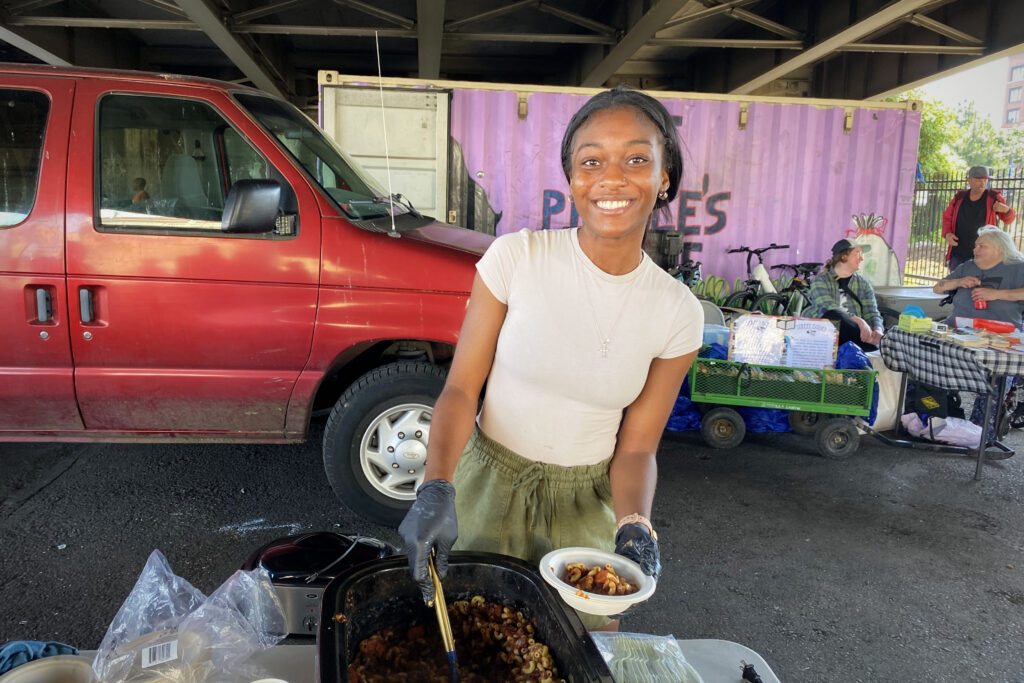
Our model of hospitality works, we believe, because humans are inherently resilient, and humans in community thrive. Aydan is the one who worked the late night shifts at Red Robin, saved diligently, and purchased a car. He is the one who wrote practice essays, studied slopes and ratios, and refused to give up. Our part was to offer a home, where he knew he mattered, where he knew he was loved.
A Culture of Reverence
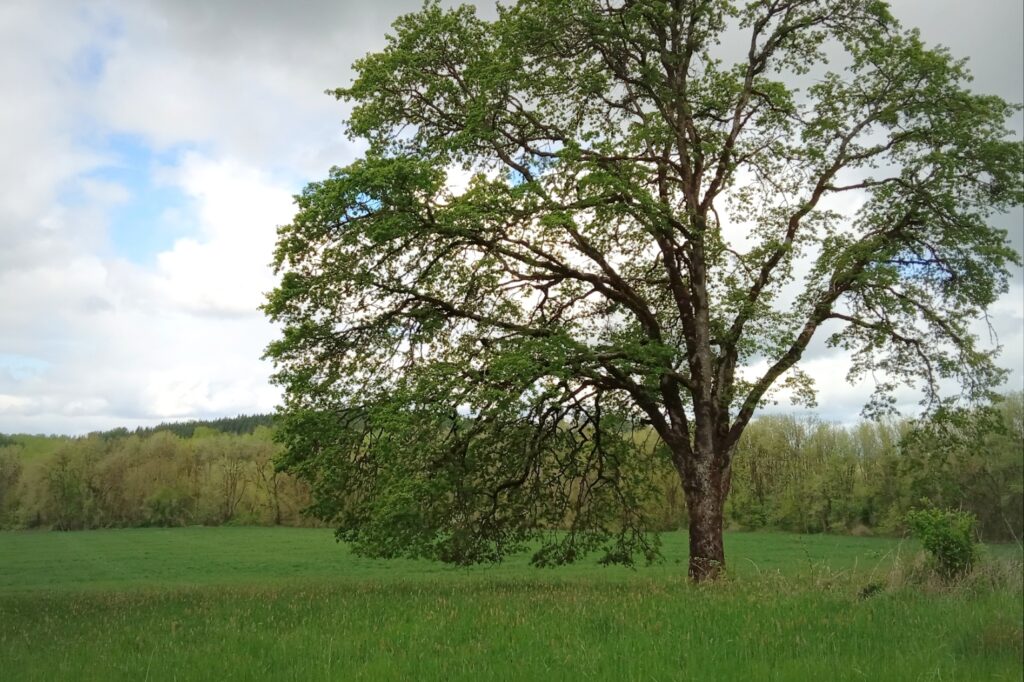
Despite the vast destruction our illusory hungers inflict, the trees still call to us—the flowers, grasses, forests, rivers, oceans, deserts, even the green leafy vine hanging from the ceiling over my desk as I write: our precious Earth. Call it love if you will, this constant invitation to release our destructive patterns and find nourishment in our sacred bonds with one another and with all creatures.
Living as if All Beings Mattered
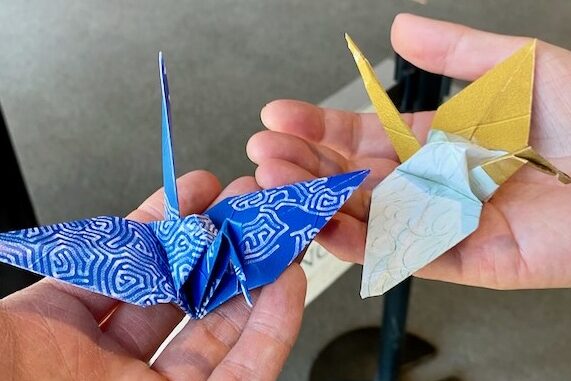
What if we, like the first followers of Jesus, decided today to live as if all beings mattered? What if we, too, set about the task of creating multitudes of small communities where we sheltered immigrants and the unhoused, in our spare bedrooms and empty church buildings?
Never Again Is Now!
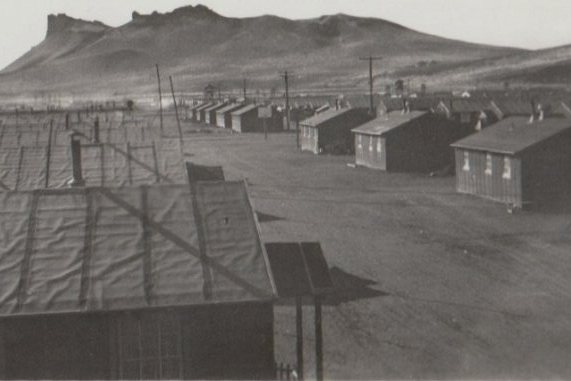
Growing up, my dad remained silent about what happened to him, unless I asked questions. I don’t think he was able to fully accept what his own government had done to him and his community during WWII. As a sansei, or third generation Japanese American, I feel compelled to be his voice now and speak out against racial injustice and hatred.
What Home Is
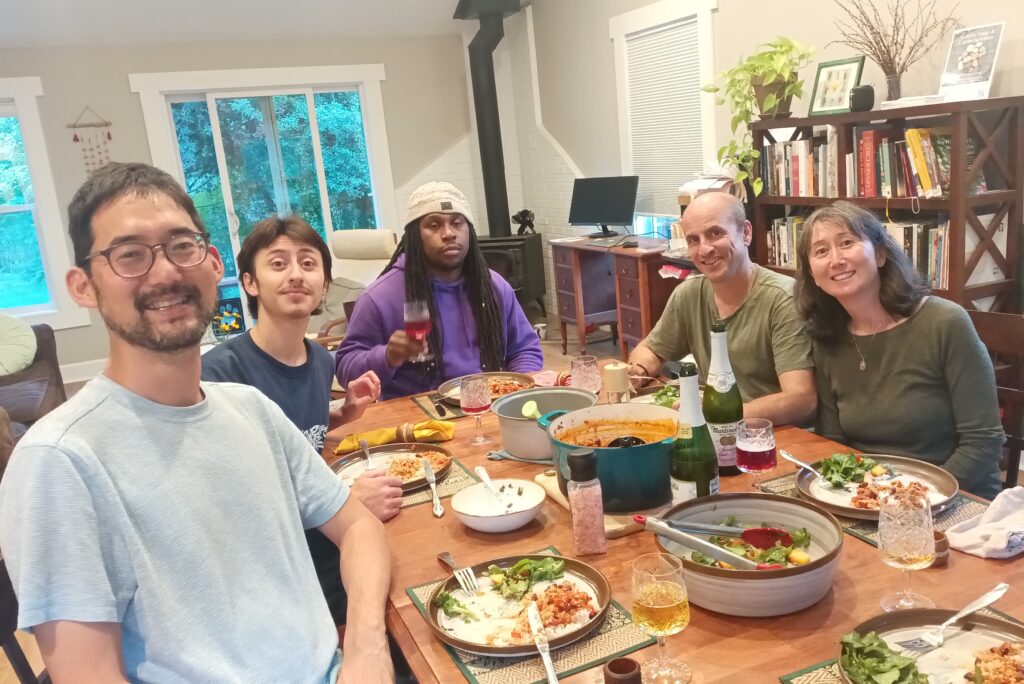
Rebuilding begins with secure, stable relationships. Our guests live with us and share weekly meals as well as household chores. We support them in meeting their goals, whether that’s getting a driver’s license, earning a GED, paying off debts, opening a checking account and saving money, or getting into residential detox. Slowly, we become community.
Personalism in Action
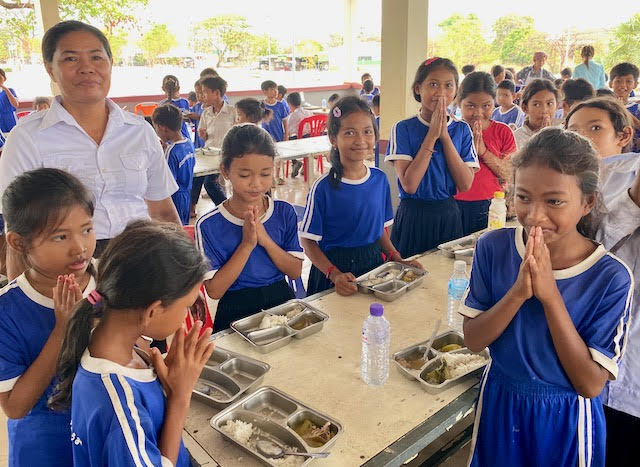
There are days I yearn to make a difference at scale, the way my brother does, eliminating malnutrition, hunger, and poverty for thousands. Yet, I know my calling is different. My calling is to work with the two, three or four individuals we can house at one time at Dandelion House, or the 120 to 160 people who come to us for a hot meal on Fridays.
A World Beyond War Is Possible
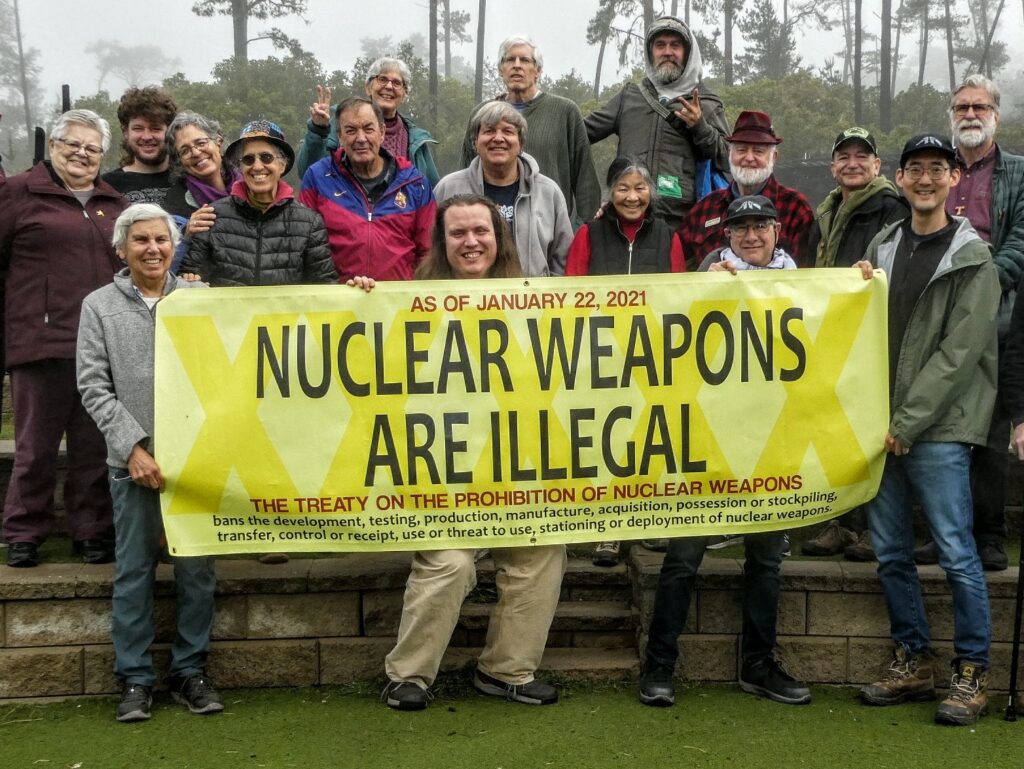
If we think of Hiroshima at all, we rightly think of all who died that day. I’ve been thinking more recently about all who survived. What was it like for my father to attend school with classmates, every single one of whom had lost siblings, parents, or relatives that day? What is the collective trauma of a generation that grew up in a nuclear wasteland?
